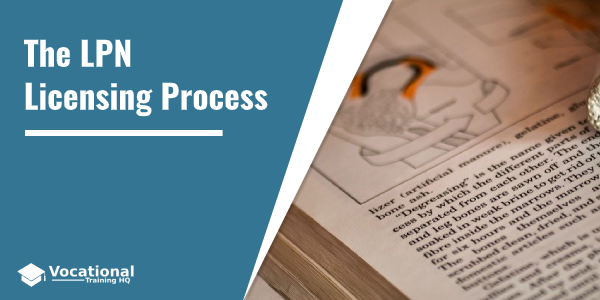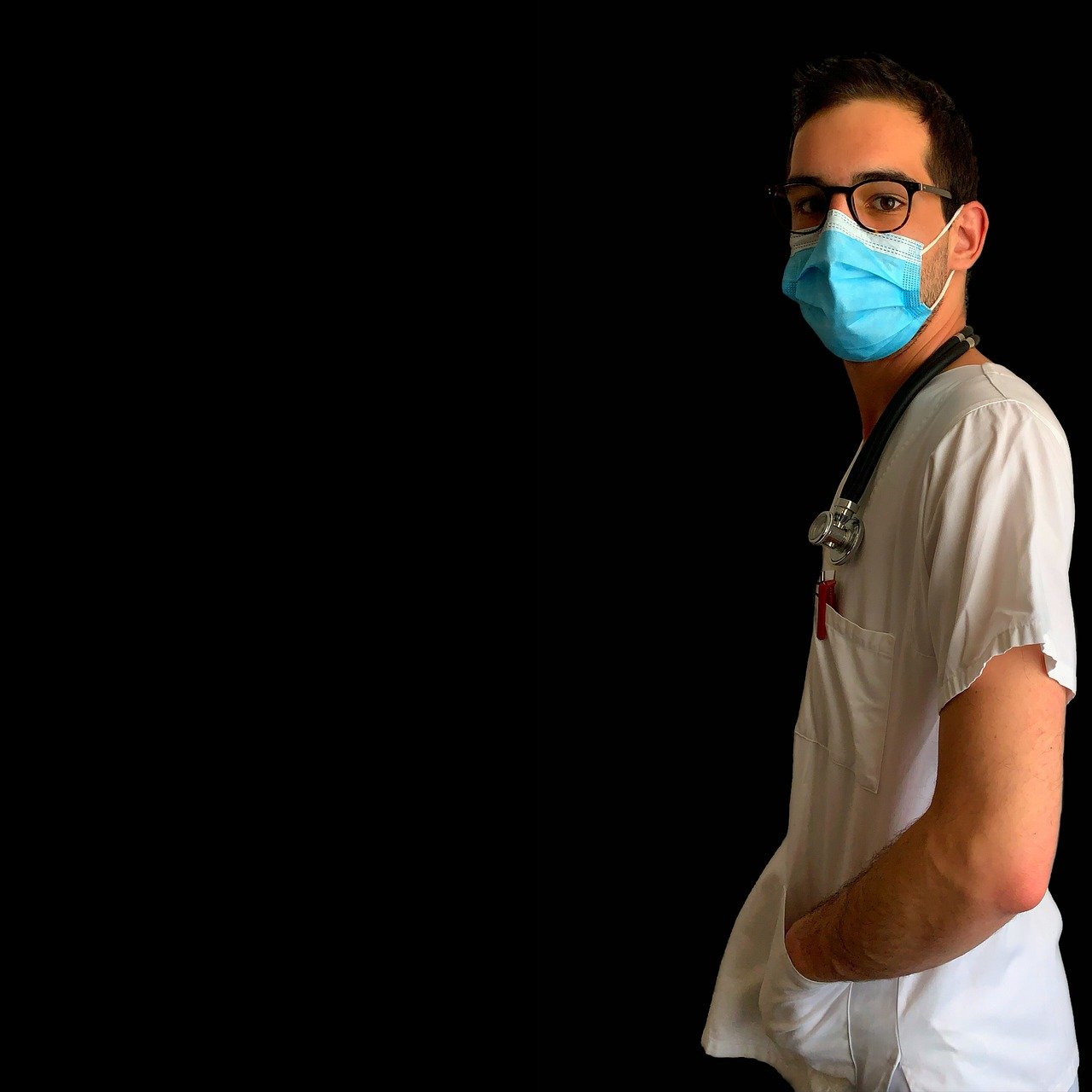All jurisdictions in the US license LPNs.
In most states, the licensing is issued by the board of nursing (BON).
Other states have separate licensing boards, or agencies, for practical and registered nurses.
The first step to the license is usually completed over a year in advance.
The candidates should apply to a nursing program approved by a Board of Nursing.
In some states, LPNs who have different training (e.g., through the military) can be licensed too.
But mostly, the completion of an approved nursing program is required.
The board sites usually have a list of in-state programs.
As the practical nursing or vocational program comes to an end, the nurses-to-be will take the next steps to the licensing.
Article Table of Contents
Application and Examination
Future LPNs need to acquire permission from the licensing boards of their state to sit for the NCLEX-PN exam.
For that, they usually need to submit a licensing application and provide some documentation that proves they met academic requirements.
In some states, students can do it before graduation.
The nursing program will need to certify that these students are on the way to graduation.
Before the students can acquire a license, candidates need to prove they completed the program.
It can be done by sending transcripts or getting the nursing school to provide the certification of completion, depending on the state.
In some states, LPNs should complete all the steps, including the examination, before they can start working.
In others, nurses can get a temporary permit to work while they are waiting for the exam.
Nurses working under a temporary permit will lose it if they don’t pass the examination on the first try.
The exam can be retaken, but there is a waiting period before the next attempt.
There are additional restrictions in some states.
They may limit the number of total retakes or oblige a candidate to take a review course.
Background Checks and Character References
Some states require a character reference and/or a notary seal on the nurse’s application.
All states consider legal and character backgrounds.
Most states carry out a fingerprint-based criminal background check (CBC).
The procedures can vary from state to state.
Prints can be captured by ink or electronically, and the procedure can be performed before or after the application is submitted.
The CBC can take a month or more to be processed.
In case of a past conviction or arrest, a candidate won’t always be disqualified, because it will go under a careful review.
LPN License Renewal
After passing the exam and the CBC, nurses will obtain permanent licensure.
Even though it is referred to as a permanent license, the renewal will periodically be required.
Usually, it involves a small fee and the verification that licenses out-of-state are valid.
It usually requires continuing education.
Transferring an LPN License
For an LPN who has completed an approved program in one state, it’s usually not difficult to get licensed in another.
If they are already licensed by one jurisdiction, this process is called an endorsement.
If a nurse resides and holds a license in a member state of the nurse licensure compact, they can practice in another compact state with their home state license.
If the state or jurisdiction where they wish to work isn’t a member of compact, they will need an endorsement license before they start working there.
At least one state will have to provide verification.
Often, it can be done electronically, and typically nurses will need to pass another CBC.
If the nurse got their education through a program that isn’t recognized by another state, they may not be eligible for a license there.
However, experienced nurses can receive an endorsement license in some states.
Read the full guide: How to Become a Licensed Practical Nurse


